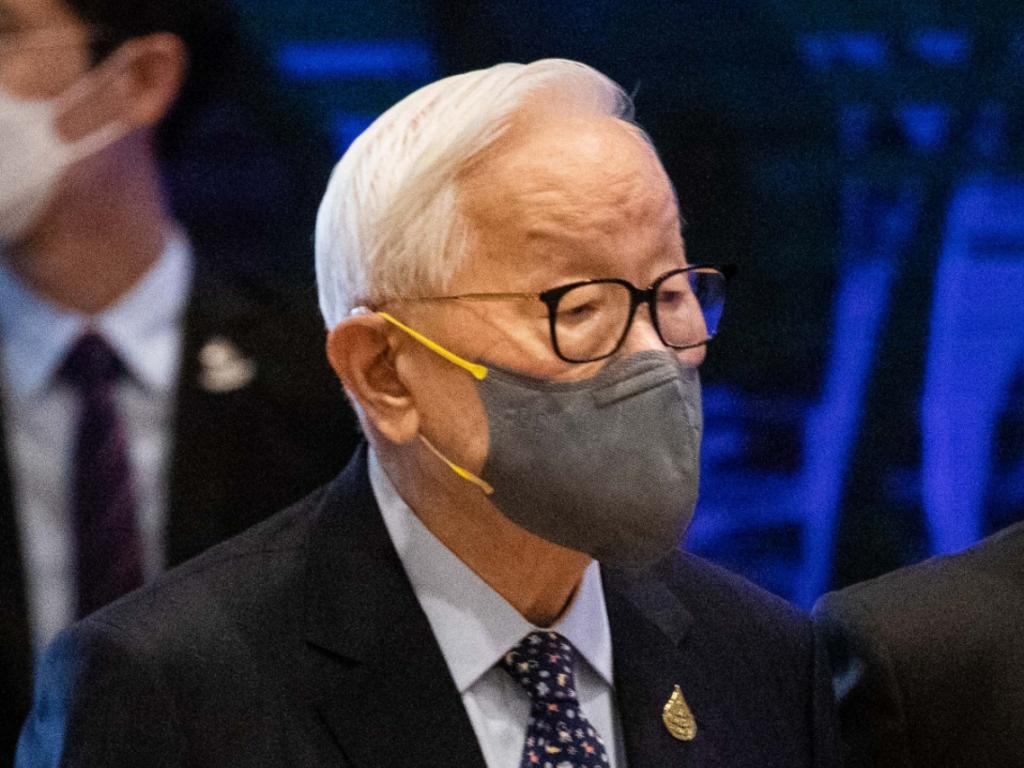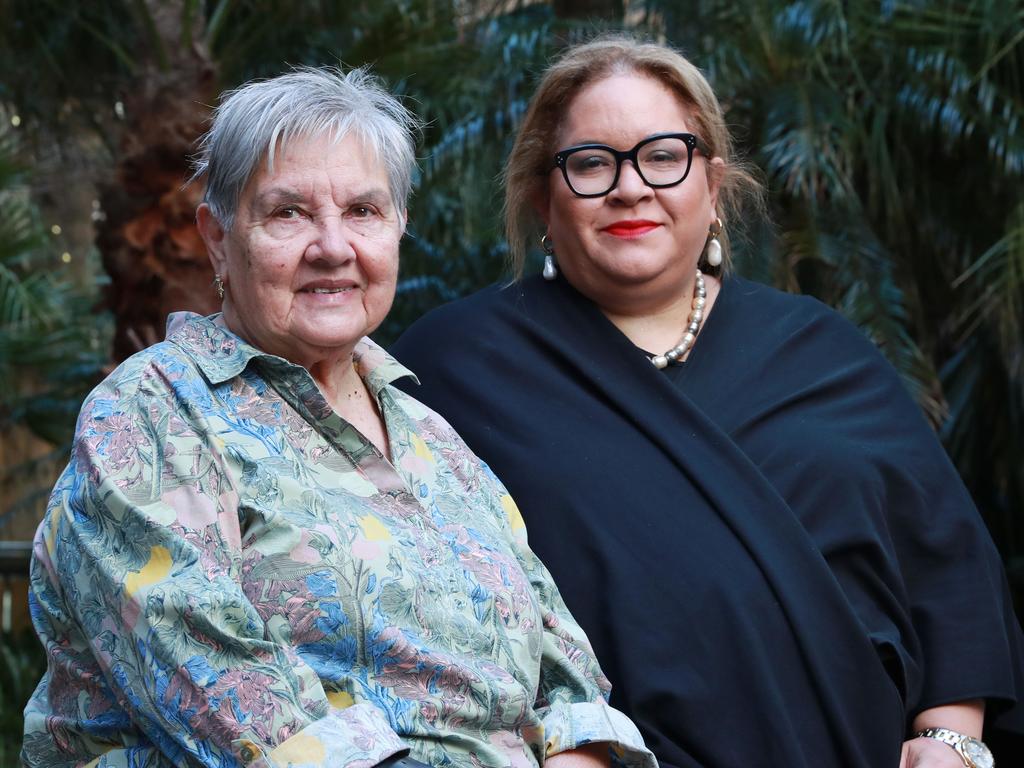Albanese sidesteps talk of Beijing visit
The PM says he is not rushing to follow Jacinda Ardern to China despite renewed relations, as he clarifies his awkward remarks on Taiwan.

Anthony Albanese says he is taking Australia’s renewed relationship with China one step at a time, brushing aside suggestions of a potential trip to Beijing as Jacinda Ardern plans a trade visit to the country.
Speaking in his final public appearance at the APEC Summit in Bangkok on Saturday, the Prime Minister also clarified his remarks a day earlier when he suggested Taiwan didn’t qualify for entry into one of the world’s biggest trade agreements because it wasn’t a nation state.
Mr Albanese said Australia’s position “has not changed”, and it would consider applications to the Comprehensive and Progressive Agreement for trans-Pacific Partnership in the order they were made with the UK’s bid first in line for consideration by the 100-nation trade bloc.
In his final bilateral meeting of the trip, the Prime Minister reassured Philippines President Ferdinand “Bongbong” Marcos Jnr Australia’s AUKUS nuclear submarine ambitions would not tip the security balance in South East Asia.
The move came after Mr Marcos said the Philippines “noted” the agreement and asked how it would impact on the region.
“We are outsiders looking in. What part do we play?” he said.
Wrapping up his eight-day regional trip for four major summits, Mr Albanese said he’d made “significant steps forward” for Australia, having talks with more than a dozen world leaders including Joe Biden and China’s Xi Jinping.
New Zealand’s Prime Minister said she had suggested to President Xi during a 50 minute bilateral meeting on Friday’s that she would like to lead a trade mission to China, with the Chinese President agreeing they would look at potential dates for the trip.
Mr Albanese said his “constructive” talks with President Xi were good for Australia but he was not preparing to visit China like his New Zealand counterpart.
“What we’ve had this week is first steps and I’m not getting ahead of myself,” Mr Albanese said.
“Goodwill will continue to arise out of this week’s progress. We will take steps forward together.”

On Friday, Mr Albanese suggested incorrectly that Taiwan did not qualify for entry to the CPTPP, because “the CPTPP is a relationship between nation states that are recognised”.
Taiwan issued a statement on Saturday morning saying Australia had clarified it was not opposed to its CPTPP application, which Mr Albanese confirmed.
“Our position has not changed. Applications are dealt with by consensus for economies applying to join the CPTPP,” he said
“They’re dealt with one at a time. The issue that is being dealt with at the moment … is the UK. Those negotiations have been going on for a year.
“They’re continuing to go on, and we will deal with those applications on their merits.”
The APEC communique to be issued on Saturday afternoon was expected, like the G20 joint statement earlier this week, to register the condemnation of “most members” against Russia’s war in Ukraine – a workaround to achieve a consensus document that Moscow would sign.
There was no traditional APEC leaders’ family photo in an outfit supplied by the host, which has been a feature of the regional forum over the years.
Meanwhile, Mr Albanese said he remained confident Australia’s trilateral AUKUS pact with the US and UK would deliver on its ambition to develop nuclear submarines for Australia, after repeated criticism of the agreement in recent days by Emmanuel Macron.
The French President declared this week the deal “will not deliver” and could cause a nuclear confrontation with China.
Mr Albanese said he was “very confident” AUKUS “will serve the interests of our three nations, but also serve the interests of global security”.
“We enter into the AUKUS agreement positively. We are positive about the outcomes,” he said.
Mr Albanese said he had advanced the timetable for the Britain’s ratification of the Australia-UK free trade agreement in talks with counterpart Rishi Sunak, which was expected by March next year.
He said India had also agreed to fast-track its implementation of the recently finalised trade agreement between the countries, and he looked forward to leading a trade delegation to the country in the first quarter of next year.
Mr Albanese said during a more than a week of diplomacy at ASEAN talks, the East Asia Summit, the G20 leaders’ meeting and APEC, world leaders had particularly noted Australia’s recalibrated position on climate change.
“Taking climate change seriously is the entry fee to get a seat at the table of international diplomacy and to be taken seriously by those who care about the global economy as well,” he said.








To join the conversation, please log in. Don't have an account? Register
Join the conversation, you are commenting as Logout